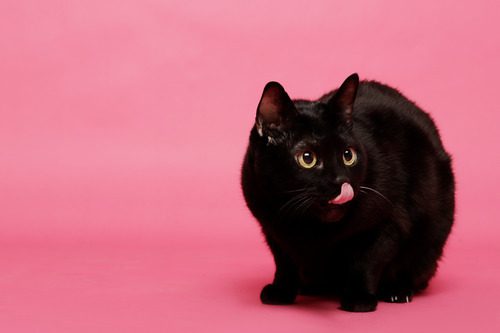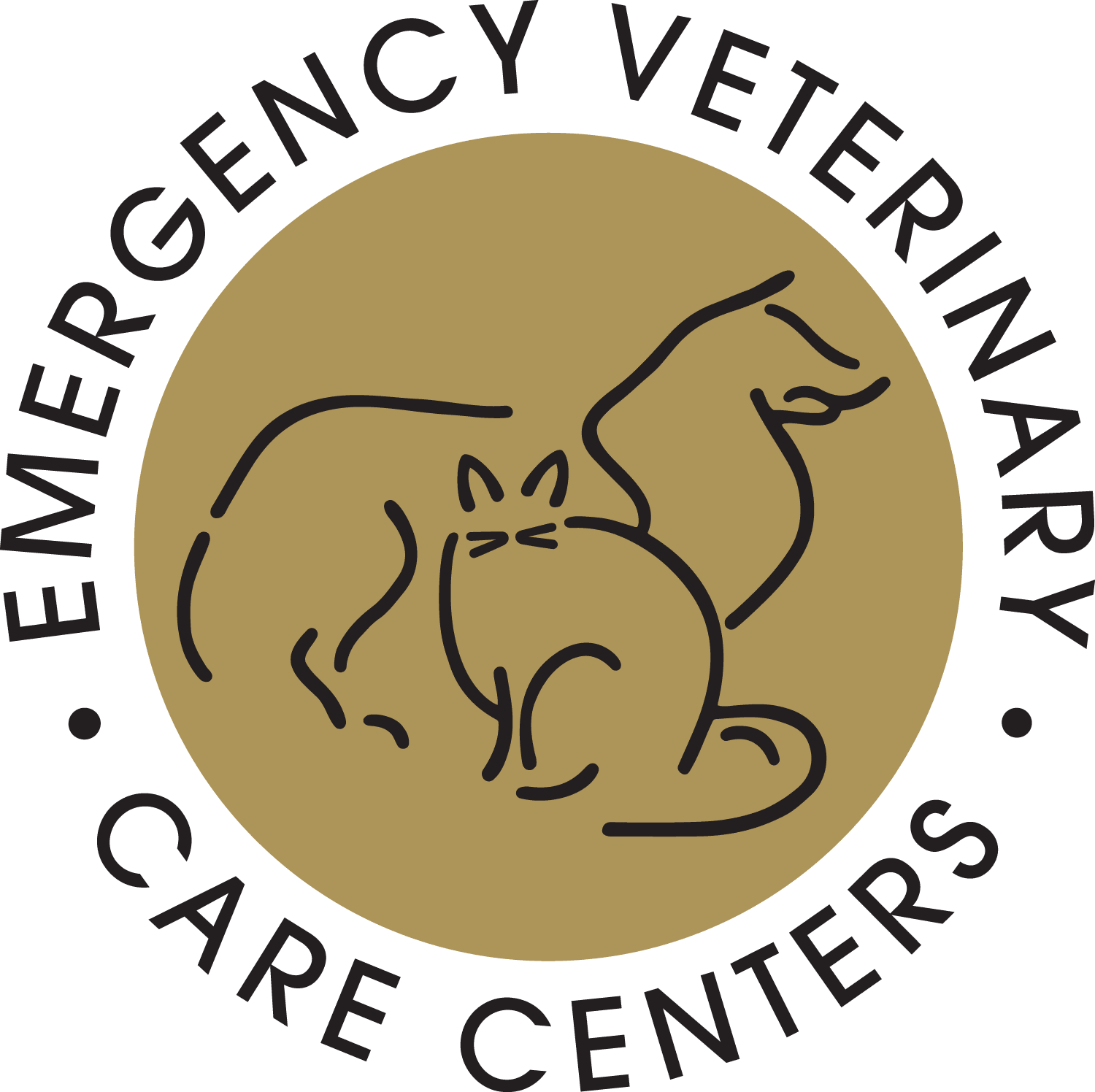Cat Drooling: When it Is Normal and When it Is an Emergency
Drooling isn’t something most cat owners expect to see, which can make it surprising—or even worrisome—when it happens. While a small amount of drooling may seem harmless, there are times when it could indicate a health concern that needs attention. If you’re noticing changes in your cat’s behavior or drooling habits, our team at Emergency Veterinary Care Centers can provide urgent care when necessary. Call one of our locations to speak with a veterinary professional.

What Causes Normal Cat Drooling?
Cats rarely drool without a reason, and in some cases, the cause is perfectly normal. Here are a few scenarios where drooling in cats is nothing to worry about:
- Relaxation and Contentment: Similar to purring, some cats drool when they’re extremely relaxed or happy. This might happen when they’re kneading a blanket, snuggling with you, or enjoying a gentle chin scratch. This type of drooling is usually minimal and stops once the cat is no longer being stimulated.
- Excitement During Mealtime: Cats can drool when they anticipate food. The smell of a favorite meal might stimulate their salivary glands, causing a bit of drooling as they wait for their bowl to be filled.
- Kitten-Like Behaviors: Some adult cats maintain behaviors from their kitten days, such as nursing on soft objects or drooling during moments of comfort. These behaviors are typically harmless and don’t indicate an underlying issue.
Health Issues That May Cause Cat Drooling
While occasional drooling can be harmless, persistent or excessive drooling is often a sign of an underlying health problem. Below are some potential causes:
Dental Disease or Oral Pain
Conditions such as gingivitis, tooth abscesses, or ulcers in the mouth can make swallowing painful, leading to drooling. Cats with dental issues may also paw at their mouths, have bad breath, or show reduced interest in food.
Foreign Objects in the Mouth
Cats are naturally curious and sometimes chew on items like strings, plants, or toys. If an object becomes lodged in their mouth, it can irritate their gums or throat, causing drooling. Your veterinarian should promptly evaluate a cat suspected of having a foreign object in its mouth.
Poisoning or Toxin Exposure
Certain plants, household chemicals, or human medications can be toxic to cats. Ingestion of toxic substances may result in drooling as the body attempts to eliminate the irritant. Other signs of poisoning include vomiting, lethargy, or difficulty breathing, which require immediate veterinary care.
Serious Medical Conditions Associated With Cat Drooling
In some cases, drooling can indicate a more severe medical issue. Below are several conditions that warrant urgent attention:
Respiratory Infections
Upper respiratory infections caused by viruses or bacteria can lead to excessive drooling, particularly if your cat’s nasal passages are blocked or they’re struggling to breathe. Sneezing, nasal discharge, and reduced appetite often accompany this symptom.
Oral Tumors
Tumors in the mouth or throat can interfere with normal swallowing and lead to excessive drooling. Cats with oral tumors may also exhibit weight loss, decreased appetite, or visible swelling around the face or jaw.
Neurological Disorders
Neurological issues, such as seizures or nerve damage, can disrupt the normal function of the mouth and throat, leading to drooling. These cases often require specialized diagnostic tests to identify the root cause.
What Should You Do When Drooling Becomes an Emergency?
It can be challenging to determine when drooling is an emergency. Here are a few red flags to watch for that signal it’s time to act quickly:
- Sudden Onset: If drooling begins suddenly and is paired with other symptoms, such as vomiting or difficulty breathing, seek immediate veterinary care.
- Continuous Drooling: Nonstop drooling that doesn’t seem to improve over time may indicate a problem requiring intervention.
- Behavioral Changes: If your cat becomes lethargic, stops eating, or hides excessively while drooling, it’s time to call your veterinarian.
If you’re unsure whether your cat’s drooling is serious, it’s always better to err on the side of caution. Contact one of our Emergency Veterinary Care Center locations for expert guidance or bring your pet in for an evaluation.
Diagnosing the Cause of Cat Drooling
When you bring your cat to your veterinarian, they will perform a thorough examination to determine the cause of drooling. This may include:
- Oral Examination: Checking for signs of dental disease, foreign objects, or oral injuries.
- X-Rays or Imaging: To detect tumors, abscesses, or other abnormalities in the mouth and throat.
- Blood Tests: Identifying potential infections, toxins, or systemic illnesses.
- Observation of Behavior: Examining how your cat eats, drinks, and interacts to spot any unusual behaviors.
How to Prevent Issues Leading to Cat Drooling
While not all causes of drooling are preventable, there are steps you can take to reduce the likelihood of serious health problems:
- Regular dental cleanings and checkups help prevent gum disease and tooth decay.
- Keep toxic plants, chemicals, and small objects out of reach to prevent accidental ingestion.
- Annual wellness exams can catch potential issues early before they become severe.
What’s Next for Your Cat’s Care?
Drooling in cats can be a normal response to happiness or excitement, but persistent or excessive drooling is often a sign of an underlying health issue. If you’re concerned about your cat’s drooling, seek professional advice rather than wait for the issue to resolve itself. At Emergency Veterinary Care Centers, our experienced team is here to help. If your primary veterinarian isn’t available, call one of our locations today for expert guidance.
Recent Posts
About Us
At Emergency Veterinary Care Centers (EVCC), we know that pet emergencies are unpredictable and often stressful. That's why our team, with over 20 years of emergency and critical care experience, is ready to assist you and your pet in the toughest situations.


